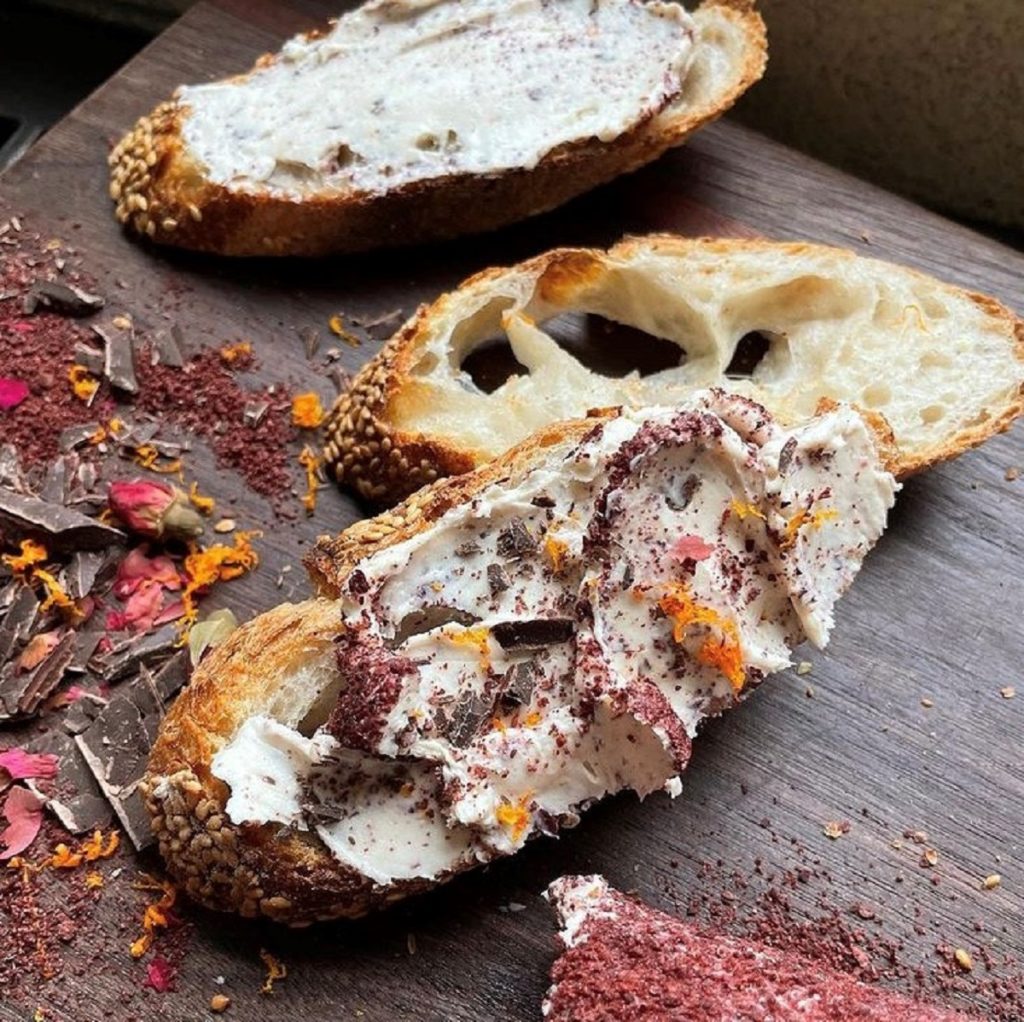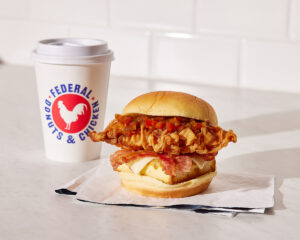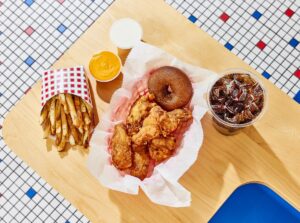When I talk to Bo Babaki over the phone, he’s full of energy despite the day’s oppressive heat. He explains to me that he’s just gone to get some dry ice as the defunct school that houses his vegan cheese business is undergoing routine electrical maintenance. I miss the part where he explains the dry ice’s function as he quickly transitions to telling me about the “dope-ass” rice dish he recently concocted. Though Babaki admits he doesn’t consider himself a chef, he details visceral memories of being in the kitchen with his grandma — watching and helping — before she got sick.
Sign up now to get our Daily Breaking News Alerts
“I took my Middle Eastern rice skills and applied them to making Thai rice and it was actually way better than if I would’ve tried to make, like, fried rice – which I always f*ck up. You know, occasionally you’ll try something you’ve never done before and you can conceptualize it, and sometimes it comes out and you’re like ‘This is exactly what the f*ck I wanted.’ That’s actually kind of what it felt like with the original recipe for the cheese… except with a little more self-consciousness.”
In 2017, Babaki moved from The Bay Area to Philly. At that point, the non-meat eater had never dabbled in meat & cheese substitutes until Kite Hill cream cheese tugged at his curiosity strings. Babaki quickly took to Amazon, ordering Lactobacillus — a probiotic culture used in cheese and yogurt making and found in Kite Hill’s ingredient list. From there, down the rabbit hole he went, starting with a basic cashew & coconut milk combo as his first creation. Soon after, Babaki introduced a new roommate to his one-bedroom apartment: a small wine fridge that would serve as his first cheese-production tool.
(Though he rejects the title “chef,” during our conversation Babaki recalls the first time he reverse-engineered a recipe by reading the ingredients and concocting a taco-seasoning copycat. In short, it seems safe to say, he was born with a culinary knack).
From there, he began implementing mold and leaning into his piquant curiosities. By 2019, Babaki was selling his creamy, delicious — albeit not altogether legal (an ode to their name change) – cheese bricks at pop-ups.
Shortly thereafter, Bo began leasing space at the Bok Building — the former school where his operation currently resides. With his seed funding backed by Prime Movers Lab, Babaki is now focused on massive expansion. That said, What Now Philly caught up with the young entrepreneur for some details about what exactly that means for his skyrocketing cheese biz mostly focused on wholesale:
WNP: Do you have plans to open up a direct-to-consumer vegan cheese store or restaurant at any point?
Babaki: I don’t want to own a story or anything like that. I do actually want to implement some cheese vending machines though because I think that’d be f*cking dope. In order to have a store, it’s like, you’ve got to have people that work the store, you have to deal with customer service and relations, and you have to have all these additional f*cking things. At the end of the day, my sole purpose is just to make the best vegan cheese that I possibly can, so if our energy is taken away to do all these things that aren’t cheese-related, that’s going to impact our ability to make the best cheese.
WNP: With the recently obtained seed money, you’ll be greatly expanding production. Does that also mean your team will be expanding? Will you open multiple cheese caves? Will you add new recipes to your repertoire?
Babaki: I don’t know the exact answer to that. I mean, we’re going to grow as much as we can. Basically, with the new machinery and equipment, we’ll be able to make more cheese using less of our staff’s time, but then we’ll have more cheese, so our staff’s time will get repurposed to complete other related tasks.
We should be able to hit our sales goals that were set by the venture capital investment group, so when that happens — probably a couple of years down the line — then we’ll likely build out another facility that’s larger. That’s definitely the goal.
In terms of new recipes, it’s one of those things where there’s a lot of sh*t that I want to make, and I’m trying to do a little bit of recipe testing and stuff, but it’s actually harder than I thought it would be during this time. We’re definitely developing the mozz recipe further so that it’s more scalable as we try to get into the food-service sector.





